Everything you need to know about Laguna Seca
The Rolex Monterey Motorsports Reunion is just around the corner and the GRR team is going to be there, so we thought it would be the perfect time to dive deep into the world of WeatherTech Raceway Laguna Seca. Let’s face it, we’ve seen so many awesome videos from this incredible American circuit it would be rude not to get to know it a little better.
How long is it? What’s the fastest lap? When was the first race? All of these questions and more will be answered.

When was Laguna Seca built?
Laguna Seca was built in 60 days in 1957 for $1.5m on part of the US Army’s Fort Ord, as the Pebble Beach Road Races that began in 1950 had become too dangerous. The most significant change to the track’s layout was made in 1988 with the addition of the infield section, turns three and four, as originally turn two went straight to what is now turn five.
When was the first race at Laguna Seca?
The first race was held on 9th November 1957, the 14th round of the SCCA National Sports Car Championship. A 100-mile race, it was won by Pete Lovely in a Ferrari 500 TR, beating the likes of Carroll Shelby and Richie Ginther. Lovely went on to race in Formula 1, with a best finish of seventh at the 1969 Canadian Grand Prix in his own Lotus 49B.
What’s the fastest lap of Laguna Seca?
The fastest lap is a simply bonkers 1m 5.786s set by Marc Gené in a Ferrari F2003 on 20th May 2012, the car that Rubens Barrichello raced in the 2003 F1 season. It is, however, not the official track record, as that title goes to Hélio Castroneves with a 1m 7.722s in his Reynard 2KI-Honda on 16th March 2000 to qualify for that years’ Honda Grand Prix of Monterey in the 2000 CART season.
Has F1 ever raced at Laguna Seca?
There has never been an F1 race at Laguna Seca. It was in consideration to be the home of the US Grand Prix from 1989 onwards but, in the end, Phoenix was chosen instead.
Will F1 ever race at Laguna Seca?
The simple answer is no. Not only does the USA have races in Miami, Austin and Las Vegas from 2023, but Laguna Seca is rated as an FIA Grade Two Circuit, as Lime Rock, Road Atlanta, Road America and Virginia International Raceway, for example. Formula 1 requires Grade One safety standards, with longer run-offs, specific barrier types and more.
What’s the fastest IndyCar lap of Laguna Seca?
If you exclude CART, IndyCar’s predecessor, the fastest IndyCar lap of Laguna Seca was set by Colton Herta in his Dallara DW18 Honda with a time of 1m 10.1405 seconds in Qualifying for the 2019 Monterey Grand Prix.
How long is Laguna Seca? How many corners does Laguna Seca have?
Laguna Seca is 2.238 miles (3.602km) long and has 11 corners. Out of the 11 corners only three have names, the Andretti Hairpin (turn two), the Corkscrew (turns 8A and 8B) and Rainey Curve (turn nine). The section that leads to the Corkscrew is known as the Rahal Straight.
How big is the Corkscrew at Laguna Seca?
The Corkscrew, turns 8A and 8B at Laguna Seca, has a decline of 12 degrees at the apex of 8A that steepens to 18 degrees at the apex of 8B. That equates to a 17.98m (59ft) drop from apex to apex, and all in all there’s a 33.22m (109ft) drop from turns 8 to 9, just over 10 stories.

Has Laguna Seca ever been run in reverse?
No, Laguna Seca has never been run in reverse, but will do in 2022 for the very first time. The Corkscrew Hillclimb will take place at the end of the 2022 Monterey Motorsports Reunion, a number of cars will run individually from the track’s traditional start line the wrong way, climbing up and over the Corkscrew to finish.
Laguna Seca
IndyCar
Monterey Car Week





































































